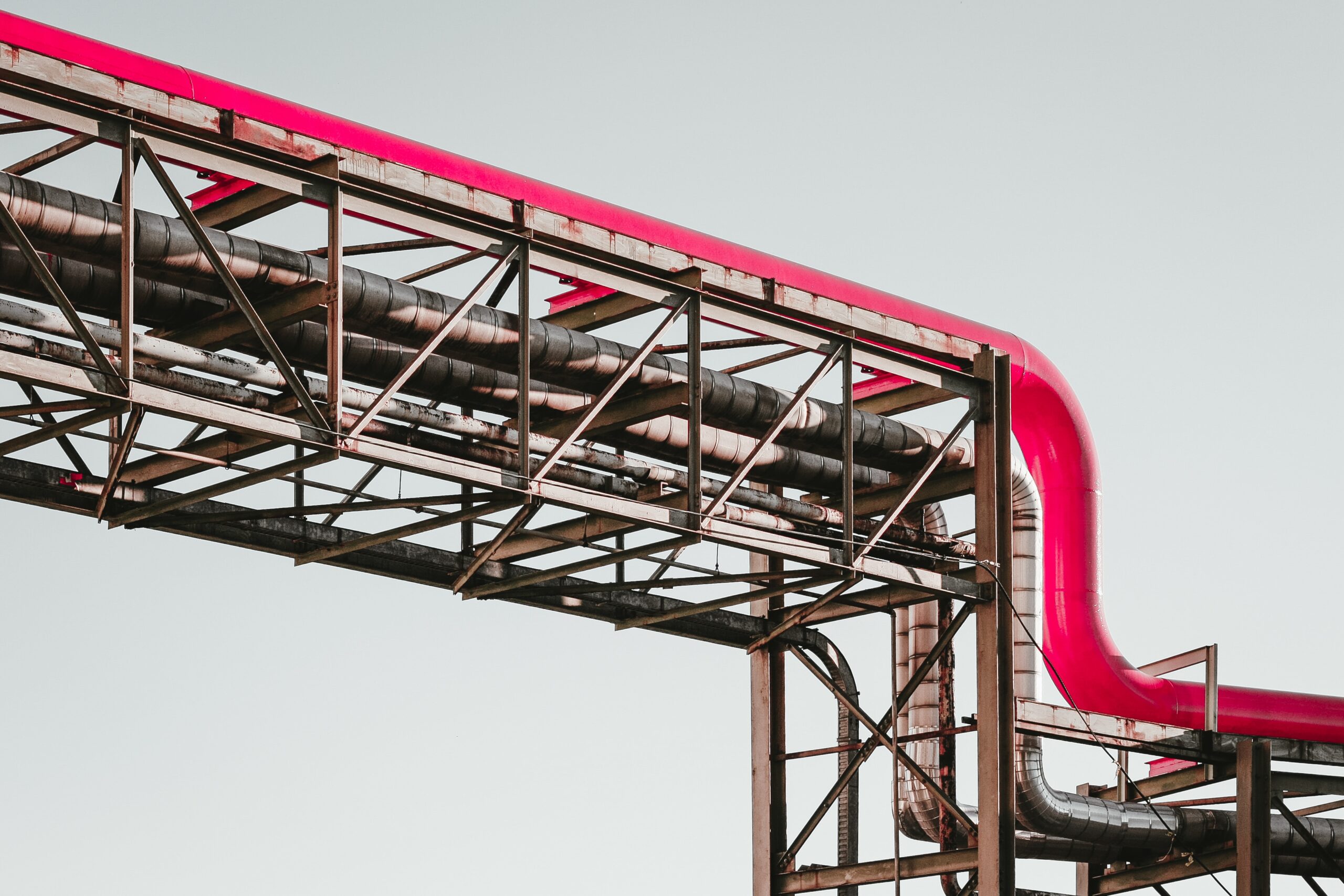
The vast network of pipelines that crisscross continents and transport oil, gas, and other essential resources is a marvel of modern engineering. Behind this unseen infrastructure lies the expertise of pipeline engineers, the brains behind designing, building, and maintaining these vital lifelines.
What is Pipeline Engineering?
Pipeline engineering is a specialized field within civil engineering that focuses on the design, construction, operation, and maintenance of pipelines. These pipelines transport a wide range of fluids, including:
- Oil and gas
- Water
- Chemicals
- Slurries
- Other liquids and gases
Pipeline engineers ensure the safe and efficient transportation of these materials across diverse landscapes and under varying environmental conditions.
What Does a Pipeline Engineer Do?
The responsibilities of pipeline engineers vary depending on their specific role and experience. Some of the key tasks include:
- Designing pipeline systems: This involves analyzing flow requirements, selecting materials, and determining the optimal route for the pipeline.
- Performing feasibility studies: Pipeline engineers assess the technical and economic viability of proposed pipeline projects.
- Developing construction plans and specifications: This ensures the pipeline is built to meet safety and regulatory standards.
- Overseeing construction activities: Pipeline engineers monitor the construction process to ensure quality and adherence to plans.
- Conducting inspections and maintenance: Pipeline engineers regularly inspect the pipeline for leaks, corrosion, and other potential problems.
- Developing and implementing safety procedures: Pipeline engineers play a crucial role in ensuring the safety of pipeline operations.
Skills and Qualifications for Pipeline Engineering Careers
To succeed in pipeline engineering, you need a strong foundation in engineering principles and a passion for infrastructure development. Some key skills and qualifications include:
- Bachelor’s degree in civil engineering or a related field
- Strong analytical and problem-solving skills
- Excellent communication and interpersonal skills
- Ability to work independently and as part of a team
- Knowledge of relevant engineering software
- Understanding of pipeline safety standards and regulations
Benefits of a Pipeline Engineering Career
A career in pipeline engineering offers several benefits, including:
- Competitive salaries and benefits
- Job security and stability
- Opportunity to work on challenging and rewarding projects
- Contribute to the development of essential infrastructure
- Travel and work in diverse locations
Pipeline Engineering: A Rewarding Career Choice
For individuals with a passion for infrastructure development and a knack for solving complex problems, pipeline engineering offers a rewarding and challenging career path. With continued growth in the energy and resource sectors, the demand for skilled pipeline engineers is expected to remain strong in the coming years.
If you are interested in a career in pipeline engineering, I encourage you to explore the resources listed above and contact professionals in the field to learn more about this exciting and rewarding career path.
